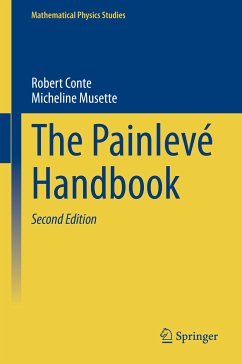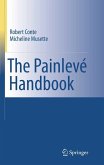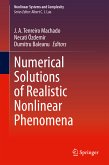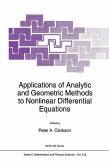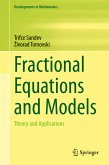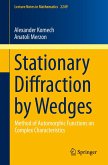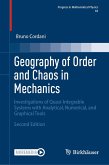Extensively revised, updated, and expanded, this new edition includes: recent insights from Nevanlinna theory and analysis on both the cubic and quintic Ginzburg-Landau equations; a close look at physical problems involving the sixth Painlevé function; and an overview of new results since thebook's original publication with special focus on finite difference equations. The book features tutorials, appendices, and comprehensive references, and will appeal to graduate students and researchers in both mathematics and the physical sciences.
Dieser Download kann aus rechtlichen Gründen nur mit Rechnungsadresse in A, B, BG, CY, CZ, D, DK, EW, E, FIN, F, GR, HR, H, IRL, I, LT, L, LR, M, NL, PL, P, R, S, SLO, SK ausgeliefert werden.

